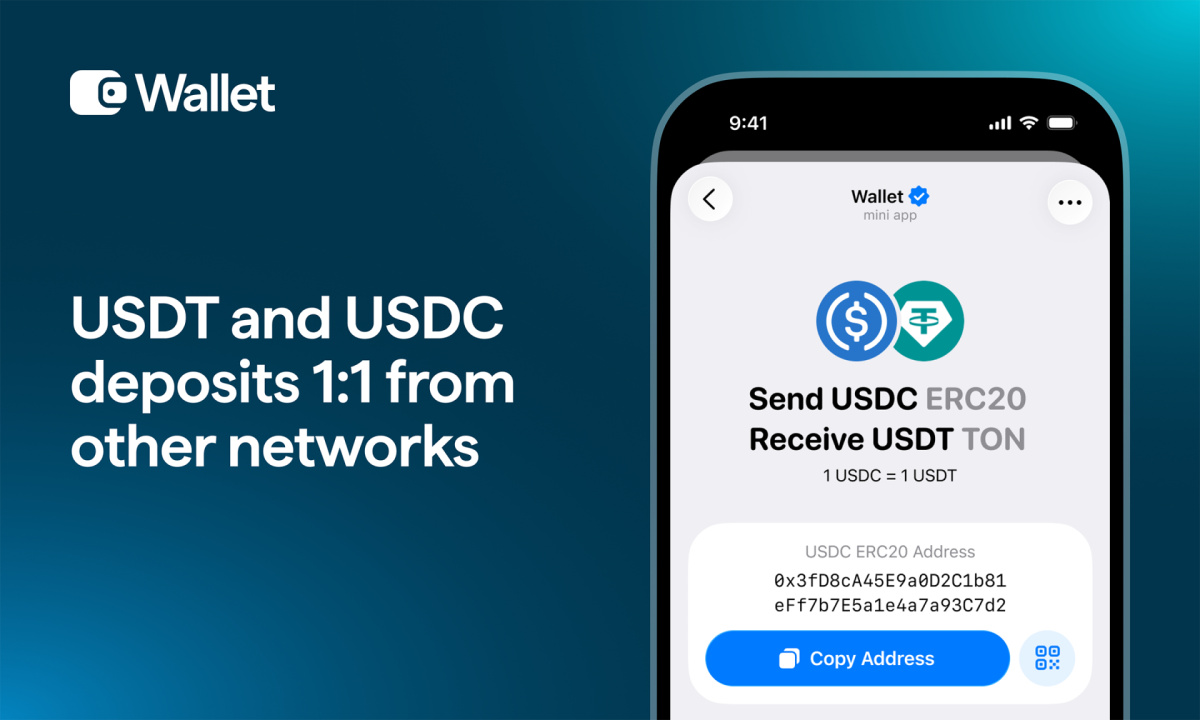Key Insights
- Elon Musk, initially skeptical about using Bitcoin on Mars due to its slow transaction speed, is now open to the possibility.
- The long distance between Earth and Mars (up to 24 light-minutes) creates communication delays.
- Potential solutions include using a localized Lightning Network on Mars for faster transactions.
- Musk’s interest in Bitcoin for Mars reflects his broader interest in cryptocurrencies and blockchain technology.
- Musk’s plans for X, including an “everything app” with potential payment infrastructure, might involve cryptocurrencies in the future.
If you think BTC is cool on Earth, wait till you see it become a standard medium of exchange on Mars.
Truth be told, a few creases need to be ironed to get the Bitcoin network to work on Mars. But then Elon Musk, the man behind Tesla, SpaceX, and quite recently, Twitter (now X) has just commented on how feasible it would be to use Bitcoin as a currency on the planet Mars.
While Musk was initially skeptical about the idea, he has had a change in perspective. And if things go according to plan, humanity might be taking BTC along with it to Mars by 2050.
Using Bitcoin On Mars Is More Difficult Than You Think
Difficult? Yes. Impossible? No.
Musk spoke with Cathie Wood, the CEO of ARK Invest, on an X Space recently about the approval of the ARK 21Shares Bitcoin ETF (ARKB).
But that isn’t the subject matter.
During the chat, Musk was asked about the possibility of using Bitcoin on Mars, where he hopes to create a human colony by 2050.
Musk had a negative response at first, pointing out that Bitcoin’s transaction settlement speed is limited by technological issues.
In detail, Musk talked about how Bitcoin being a decentralized network, relies on a set of nodes to verify transactions. Every transaction recorded by these nodes is bundled up into what we call blocks and then added to a chain of previous blocks (hence the name “blockchainâ€).
These blocks take about 10 minutes to form, and each transaction in them needs about six confirmations to be included.
However, depending on the transaction costs and network congestion, this whole process might take up to an hour.
Musk says that the distance between Earth and Mars adds a layer of difficulty to the mix because the communication delay between the two planets would make it difficult to synchronize the blockchain and prevent double-spending attacks.
“Perhaps you can use Bitcoin to some degree, but it would be difficult to use it a lot on Mars. Mars can be like twenty light minutes away. So, it is not easy, there would have to be a localized thing on Mars.â€
For some context, a light minute is the distance that light travels in one minute, which is about 18 million kilometres.
It so happens that the distance between Earth and Mars can range between 4 to 24 light minutes. This means that even at the speed of light, a message sent from Earth to Mars would take about 4 minutes to arrive.
This whole affair is bound to create some degree of lag between the thousands of nodes communicating with one another, creating a problematic blockchain, and confusing users.
The Possible Solutions For Using Bitcoin On Mars
Musk did not completely rule out the possibility of utilizing Bitcoin on Mars, despite his early reservations.

He said that if there was a way around the lags and the transaction settlement speed, Bitcoin might work on Mars to some extent.
Musk also agreed with Bitcoin core developer Matt Corallo when he said that Bitcoin might work if there was a way to set up a localized Lightning Network there.
Using this localized lightning network, users can then send and receive money without having to wait for block confirmations.
The CEO of Blockstream, Adam Back, also suggested using Bitcoin straight up—without the need for a second-layer system like Corallo suggested.
Back argued that since the transaction settlement speed would still be within the block time range, using Bitcoin on Mars would not be hindered by the light minutes.
The Future Of Bitcoin And X
Although Musk’s ideas on using Bitcoin on Mars are still theoretical, they still show that he is interested in cryptocurrencies and blockchain applications.
Musk’s plans to transform X into an “everything app†are also being actively worked towards, including introducing some form of payment infrastructure to the app.
There is also some speculation about this payment infrastructure on X being crypto-based.
Moreover, X announced plans to introduce a new peer-to-peer payment system sometime this year, per a recent blog post. However, this post makes no mention of crypto payments, or when they will be made available on the platform.
Disclaimer: Voice of Crypto aims to deliver accurate and up-to-date information, but it will not be responsible for any missing facts or inaccurate information. Cryptocurrencies are highly volatile financial assets, so research and make your own financial decisions.









